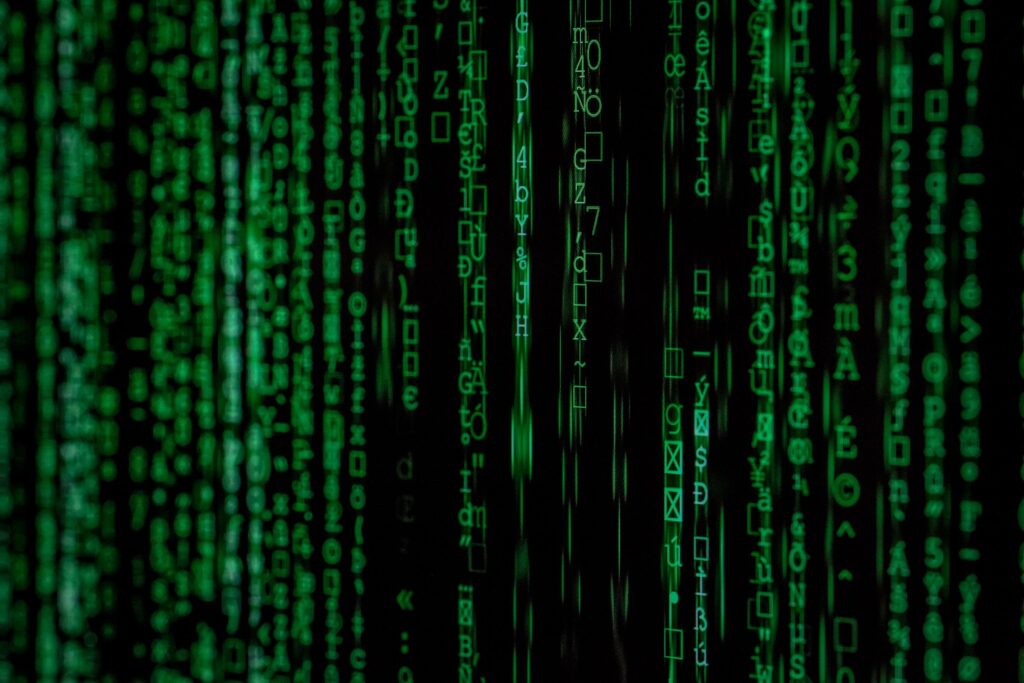
Right not to Incriminate Oneself in the Digital Era. Can New Challenges Help us Find Common Foundations?
The aim of the project is to establish how the right not to incriminate oneself should be understood in the digital era. Although this right is treated in national legal systems and in international law as a fundamental fair trial right, in practice its purpose, scope and applicability have become a matter of numerous controversies in the last few decades. The digital revolution and its influence on evidence gathering only multiplied these doubts, which refer to e.g. whether compelled decryption of data violates the nemo se ipsum accusare tenetur principle. Since the concept of the right not to incriminate oneself has become obscure, there is a pressing need of its clarification. The challenges brought by the digitalization of everyday life create a perfect opportunity to reconsider the original rationale, role and meaning of the right not to incriminate oneself. In order to give a comprehensive and convincing answer to how the right not to incriminate oneself should be understood in the digitalized reality, it is necessary in the first step to verify what was the original concept of the right in question, its foundations and axiology. In the second step, the evolution of the understanding of the right not to incriminate oneself before the digital era will be studied in order to establish if the criminal justice systems remained true to their original assumptions or the theory and practice started to vary from the original. At the final stage of the research it will be verified whether the original assumptions regarding right not to incriminate oneself are still valid in the XXI century or they need to be reinterpreted to answer the challenges we are facing in the world of rapid scientific and technological development.
The research will not be limited to a single jurisdiction. The idea is to investigate the topic from a comparative perspective and – if it is possible – to identify a common understanding or understandings of the right not to incriminate oneself within studied legal systems. The research will be supplemented with a comprehensive analysis of the relevant international standards regarding the right not to incriminate oneself (Council of Europe, EU law and international criminal law). The research will be based mainly on the analytic and dogmatic method. The comparative method will be used to identify both common elements and differences in understanding the right not to incriminate oneself. The analysis of common law and continental law jurisdictions is planned. The project will focus on law and practice in England and Wales, USA, Germany, France, Belgium, Italy, Spain and Poland.
Information about the project:
- Amount: 670 550 PLN
- Principal Investigator: Wojciech Jasiński
- Team: Karolina Kremens, Dorota Czerwińska, Katarzyna Parchimowicz, Michalina Marcia
- Project duration: 2024-2028
- Granting institution: National Science Center (NCN OPUS)
- Project number: 2023/51/B/HS5/00283
